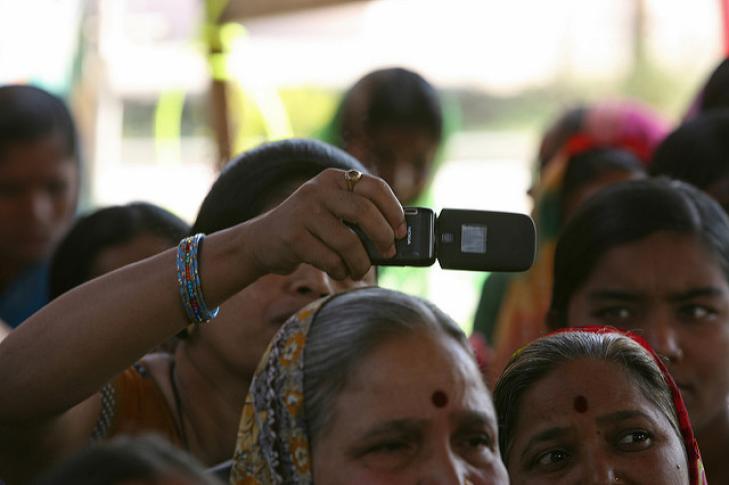
Oral statement delivered under annual full-day discussion on the human rights of women – Panel 2: Advancing women’s rights in the economic sphere through access and participation in information and communication technologies (ICTs)
Speaker: Janine Moolman
Thank you, Mr President.
The internet is also crucial for the realisation of women’s economic, social and cultural rights. Meaningful access to ICTs – including control over ICTs as a productive and key resource – play an important part in catalysing change towards advancing the status of women and girls and their human rights, towards equality and the elimination of discrimination. It is critical to examine the ways in which internet policy shapes the experience of women online and to not lose sight of the lived realities of women around the world.
For example, for communities most at risk of injustice, including women, LGBTIQ persons, and women human rights defenders, the internet may be one of very limited places of access to critical information on sexualities and sexual and reproductive health and rights. This requires unrestricted access to the internet and the availability of encryption and anonymity-enhancing tools.
It is important to have a gendered and intersectional analysis of new and emerging technologies in order to advance women’s human rights rather than reinforce and deepen existing inequalities. Emerging concerns include the impact of artificial intelligence (AI) and automation on precarious forms of gendered labour, as digitisation will impact middle- and low-income countries, and have a particular impact on low-end repetitive labour, often undertaken by women.
In order for new technologies to play an empowering role, it is essential that women’s rights perspectives be considered in their development and deployment.
Do the panelists have experience in breaking down silos between different actors and how can institutions like the UN support these conversations?
Thank you, Mr President.